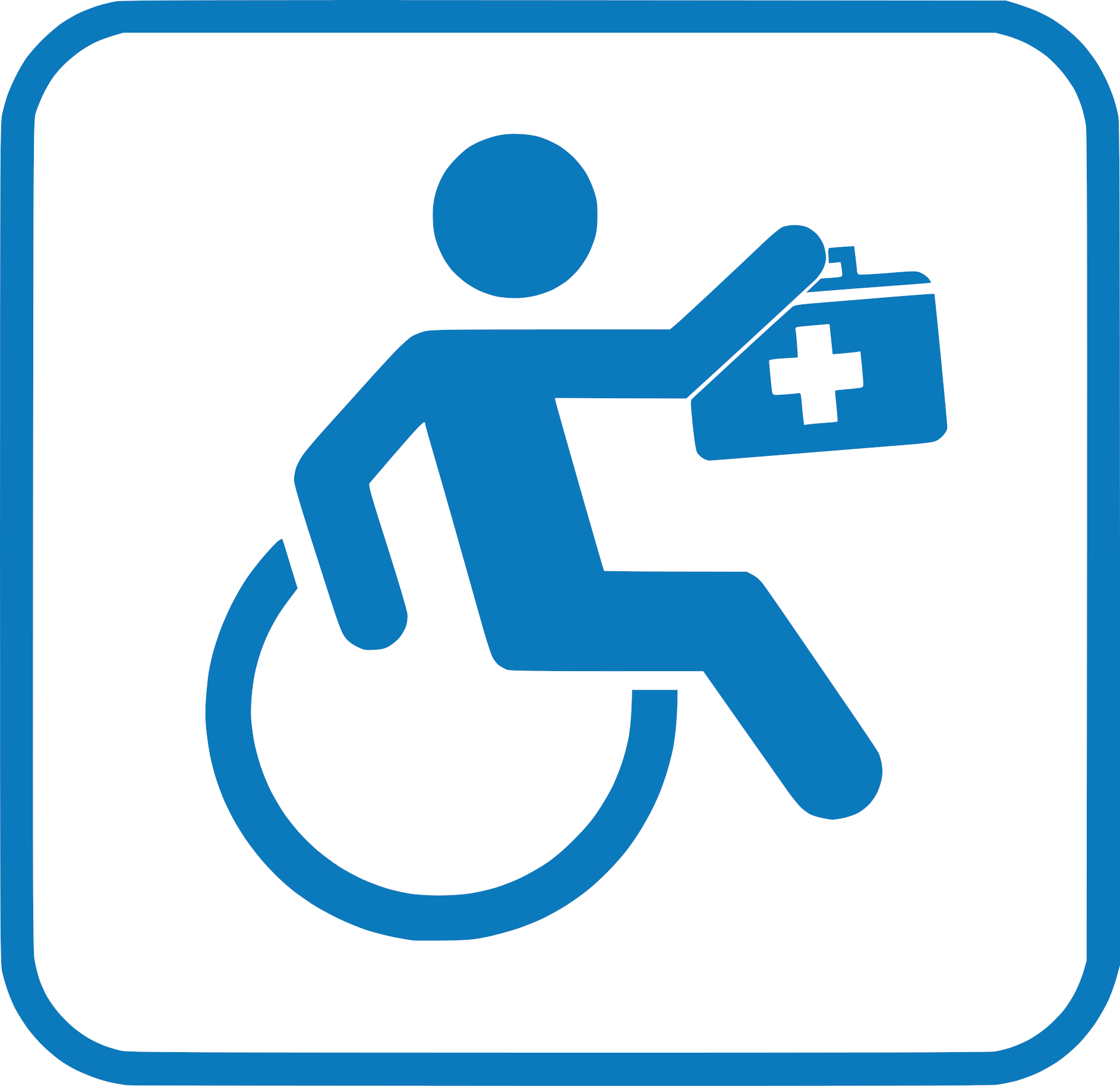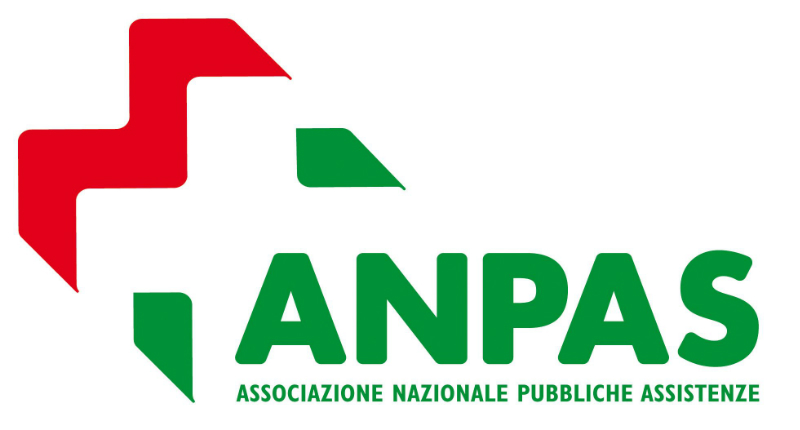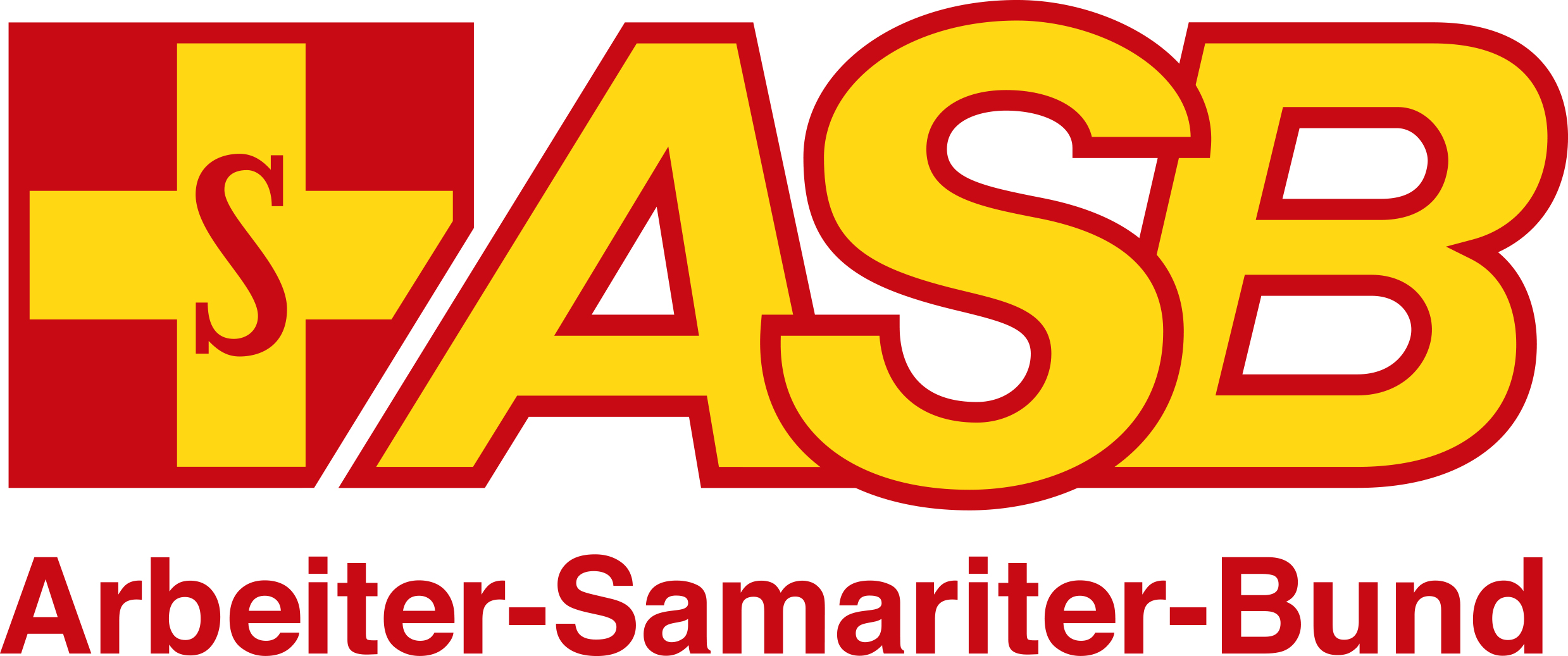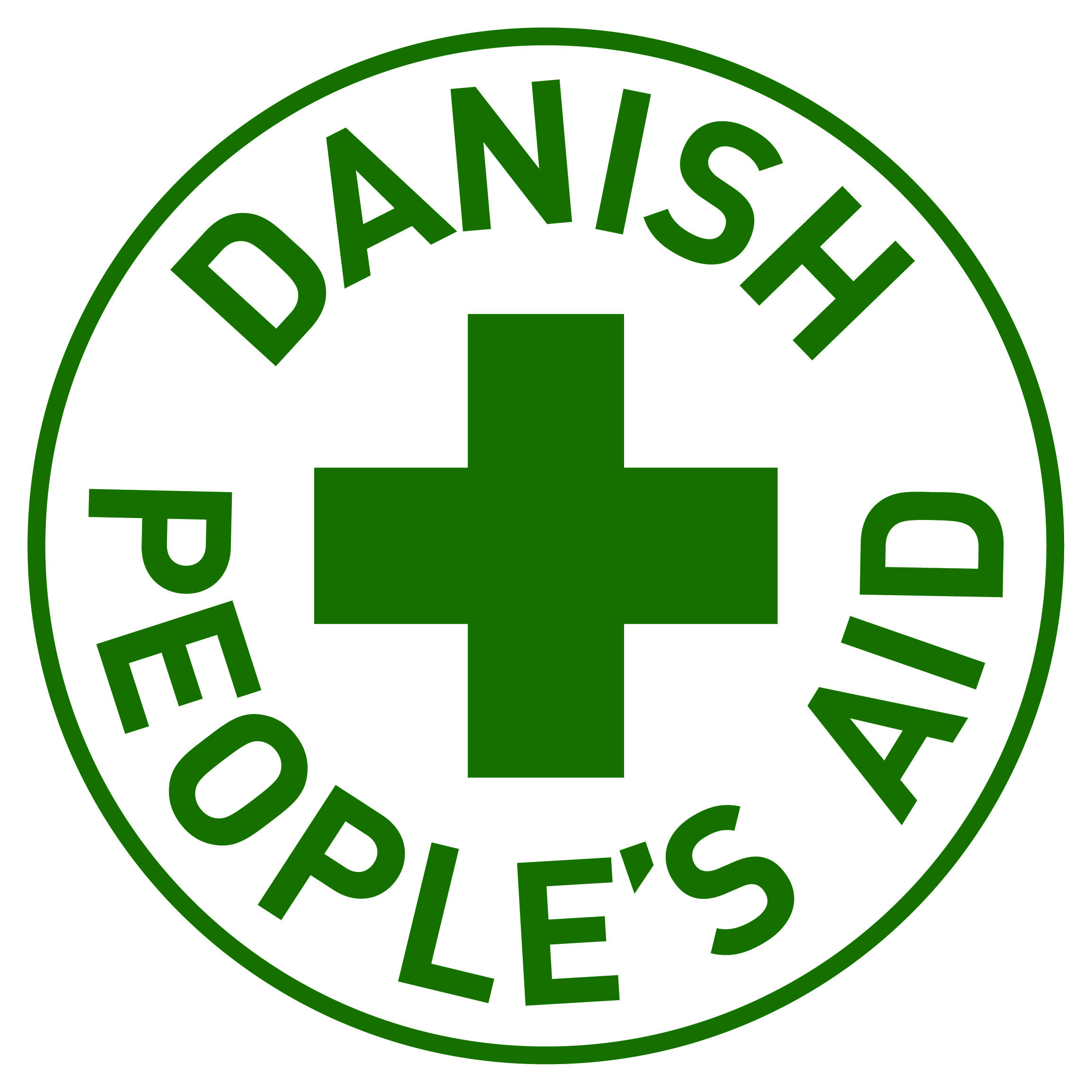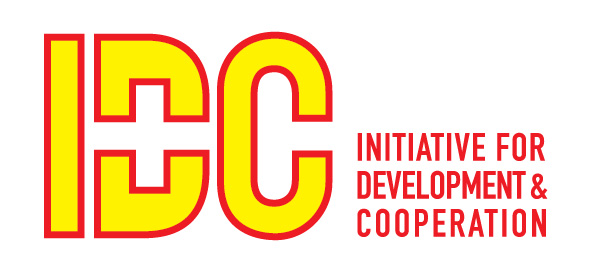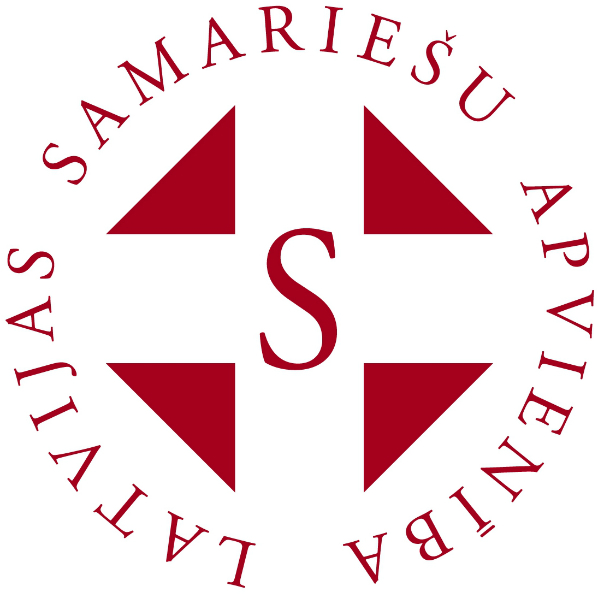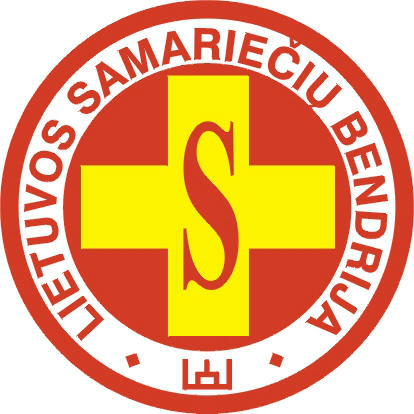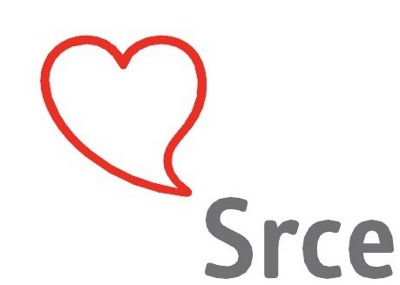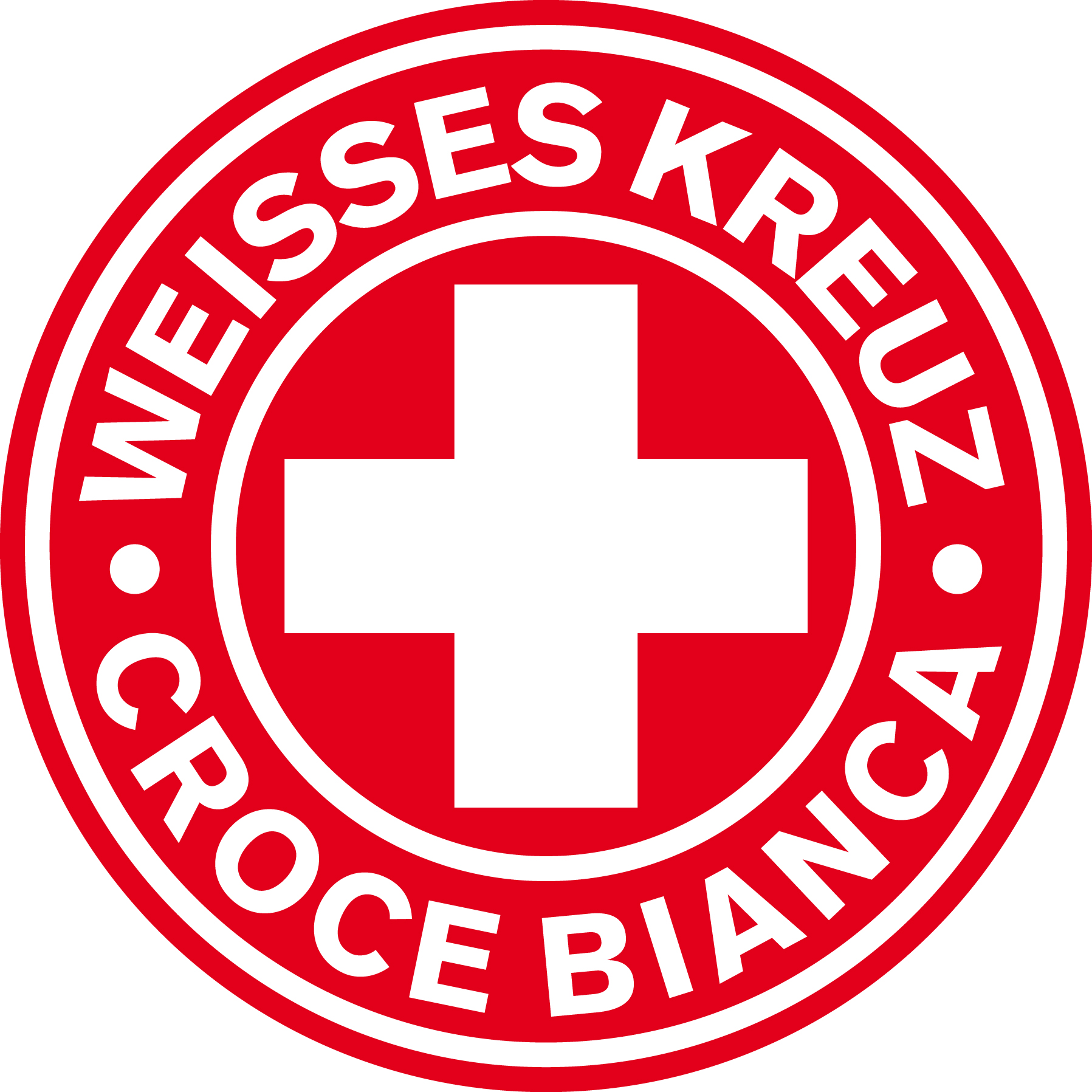About “Inclusive First Aid”
Inclusive First Aid (INFA) is an Erasmus+ KA2 project on the exchange of best practices in first aid education for persons with disabilities.
Many first aid trainers of the consortium organisations were at some point faced with the challenge of teaching first aid to persons with disabilities. In some cases, it was individuals with disabilities simply coming to a course, in other cases there were specific requests from groups of persons with disabilities. Inclusive trainings are not typically part of trainer education and, typically, first aid trainers do not have a background in inclusive education in general. In these instances, the trainers usually adopted a best-effort approach – they used their experience and flexibility to accommodate the accessibility requirements and support needs of the trainees. In some cases, local projects, initiatives or other kinds of regular practices grew out of these ad-hoc solutions and out of the realisation that first aid education for persons with disabilities is not always available – even though it should be.
The challenges range from practical accessibility of teaching materials or methods to formal problems of recognition, as national first aid standards often define courses without accessibility in mind and may deny official certification if a course deviates from the standard.
In Inclusive First Aid, we exchange, discuss and collect these pre-existing practices. Disabled Persons’ Organisations are included in the project work plan as expert stakeholders to help define general principles on what makes an inclusive first aid course, as well as to give feedback on the collection of practices.
In the end, Inclusive First Aid will provide a reviewed collection of practices that we hope will be of use for any first aid trainer who finds themselves in the situation of teaching trainees with disabilities for the first time. Inspiring confidence by example that persons with disabilities can of course, and should be enabled to, attend first aid trainings, we consider this a small but important step toward making first aid training more generally available to persons with disabilities.
